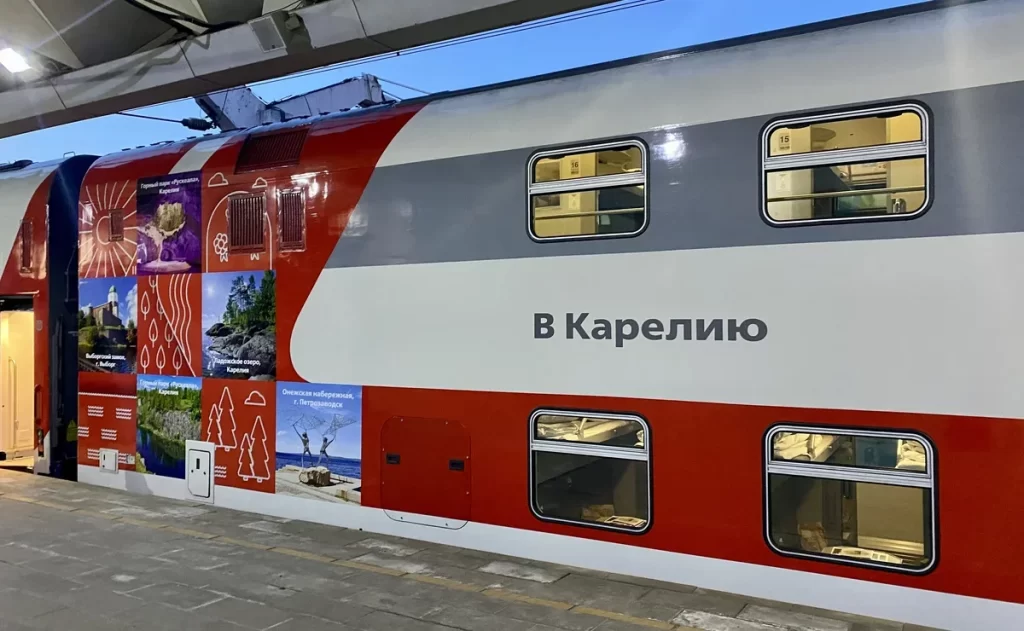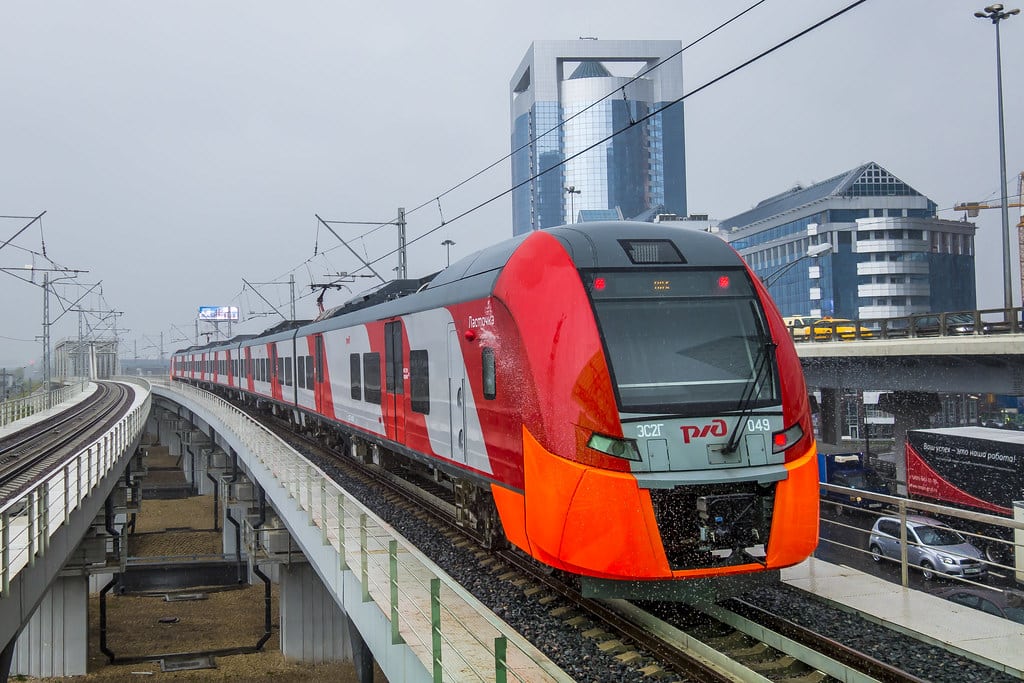Russian Railways is focused on ensuring carbon neutrality in the long term – in other words, reducing emissions of carbon dioxide and its analogs to zero. This position was enshrined in the Company’s obligations under the International Union of Railways.
The Company CEO also emphasised that the environmental strategy and policy of Russian Railways were in line with the Sustainable Development Goals of the United Nations in the fields of climate, ecosystem protection, clean water and responsible production and consumption.
“2021 has been declared the Year of the Environment at Russian Railways. Our motto is ‘Be environmentally friendly in everything,’” said Belozerov.
Using electric traction instead of diesel fuel to transport more than 85% of all passengers and 86% of total cargo not only reduces emissions, but also benefits the Company.
The Company has therefore developed a technology for powering trains using energy-optimal traffic timetables and driving algorithms without the participation of a driver and with a minimal consumption of electrical energy.
In addition, the scale of the Company’s use of energy recovery has increased significantly according to Oleg Belozerov. Energy recovery involves using locomotives and electric trains themselves as power plants when braking and sending the electricity generated to the grid.
Over the past six years, the level of energy recovery use has increased by almost 30% and reached 2.6 billion kWh in absolute terms in 2020. A striking example of the use of “clean” energy recovery is how Lastochka trains running on the Moscow Central Circle in 2019-2020 returned to the grid about 50% of the total energy they consumed.
“Russian Railways has already achieved a 48% reduction in its greenhouse gas emissions by 2030 compared to the 1990 level – far ahead of Russia’s national target of 30%,” said the head of Russian Railways.
At the end of the IX Nevsky International Ecological Congress, Oleg Belozerov took part in the environmental action Plant a Tree, which took place in a park near the Tavrichesky Palace.
The Nevsky International Ecological Congress has been held since 2008 and serves as a discussion platform for representatives from state authorities, business circles, educational and research institutions, and public organisations on improving the environmental efficiency of the economies in the member countries of the Commonwealth of Independent States.









